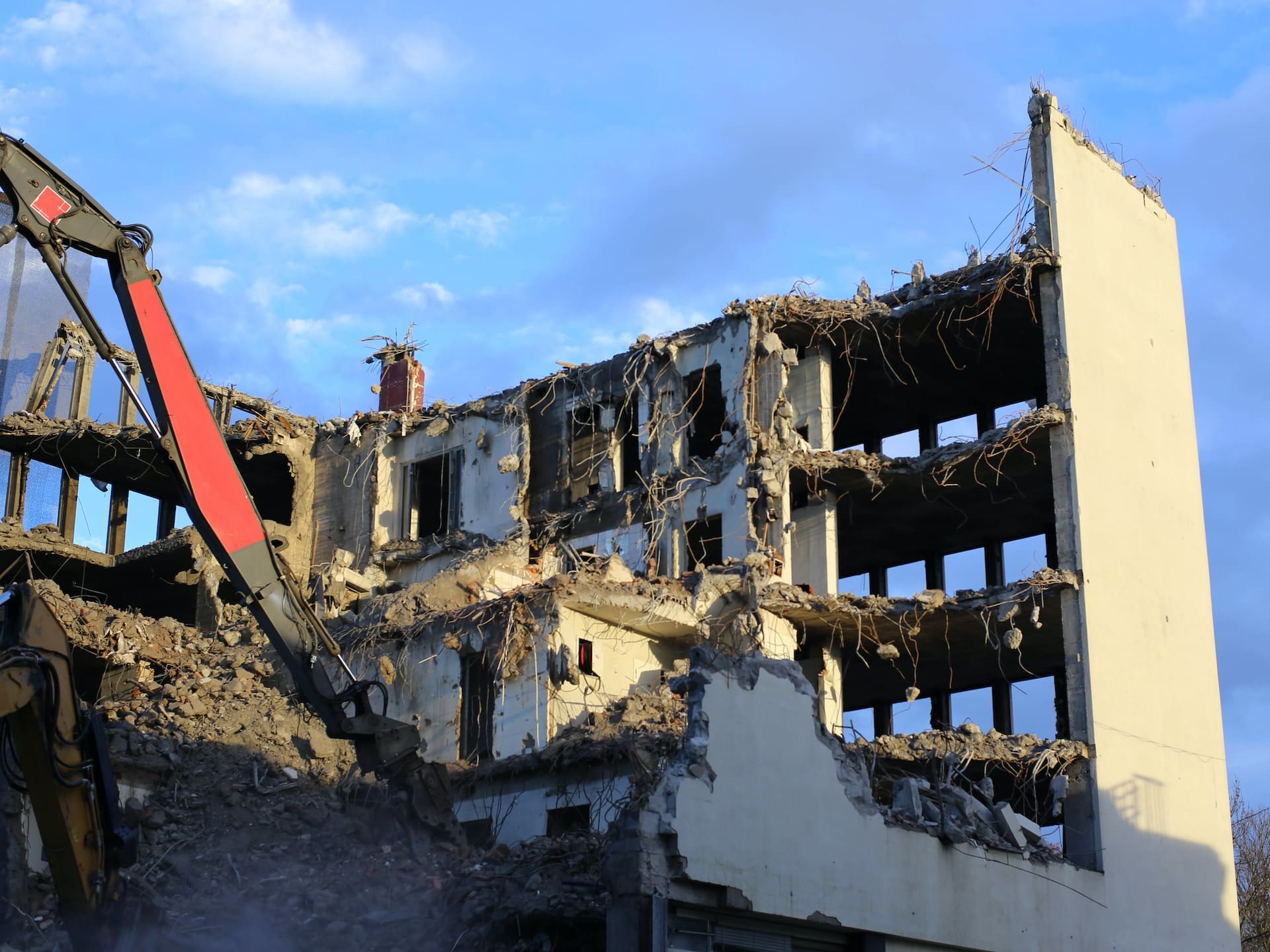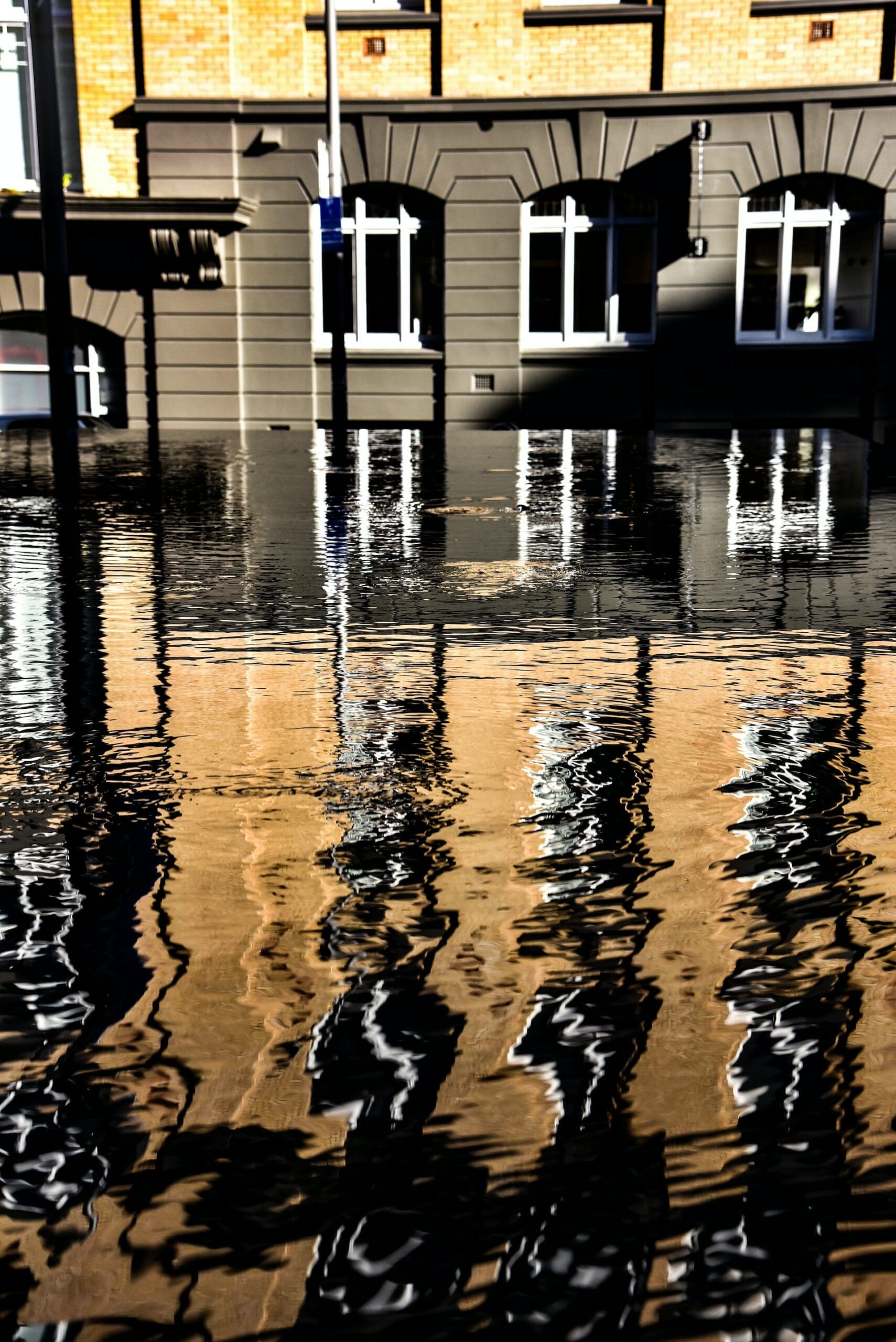Smoke produced by fires can have harmful effects on your lungs, which can lead to respiratory problems. It is important to take precautions to protect your respiratory system from the harmful effects of smoke. Here are some tips to help keep your lungs healthy and safe.
Stay Indoors
The best way to protect your lungs from smoke is to stay indoors. Keep windows and doors closed to prevent smoke from entering your home. If possible, use an air purifier with a HEPA filter to remove smoke particles from the air. It is also advisable to stay in a room that is far from the source of smoke, if present. This is important because smoke particles are heavier than air and tend to settle down faster, especially in poorly ventilated spaces.
Use a Mask
If you must go outside, use a mask to protect your lungs from smoke. Look for masks labeled N95 or N100, which are designed to filter out fine particles in smoke. A mask should fit snugly on your face and cover both your nose and mouth to be effective. If you have facial hair, it is recommended to shave it off before wearing the mask to ensure a tight seal.
Limit Physical Activity
Smoke can make it difficult to breathe, especially during physical activity. Avoid exercising or doing other strenuous activities outdoors when smoke is present. This is especially important for individuals with pre-existing respiratory conditions such as asthma, chronic bronchitis, or emphysema. They should avoid physical activity altogether when the air quality is poor or when the AQI is high.
Keep Indoor Air Clean
Indoor air can also become polluted with smoke particles. Use an air purifier with a HEPA filter to remove smoke particles from the air. Avoid using candles, incense, or other items that produce smoke indoors. Smoking inside homes should be prohibited as it can increase the risk of respiratory problems not only for the smoker but for other occupants of the house as well.
Stay Informed
Stay up-to-date on local air quality conditions. Check the Air Quality Index (AQI) for your area to determine whether it is safe to go outside. If the AQI is high, limit your time outdoors and take other precautions to protect your lungs. You can also use apps or websites that provide real-time information on air quality. You can plan your day accordingly, based on this information.
Seek Medical Attention
If you experience symptoms such as coughing, wheezing, or difficulty breathing, seek medical attention immediately. These symptoms could be a sign of a respiratory problem caused by smoke exposure. Early diagnosis and treatment can help prevent further damage to your lungs and improve your overall health.
Conclusion
Protecting your lungs from the harmful effects of smoke is important for your overall health. By staying indoors, using a mask, limiting physical activity, keeping indoor air clean, staying informed, and seeking medical attention when necessary, you can help keep your lungs healthy and breathe a breath of fresh air. Remember, prevention is always better than cure.
As a new home owner, I couldn’t have asked for a better company. Lou and his team made my hard situation an easy and stress…Read More » a month ago via Google Alisha T We recently had major water damage in our home, affecting the entire kitchen, dining room, and basement. Louis from Upper Restoration showed up quickly, assessed…Read More » 2 months ago via Google Cathy Choi We recently sustained some damage to our roof and our central air system due to a storm. Upper Restoration had to open our ceiling to…Read More » 2 months ago via Google Chimere Luke I had the pleasure of working with Upper Restoration and their incredible team during a recent project for my home after a flood, and I…Read More » 8 months ago via Google Lewis James Lirosi*Editor’s Note: This article was reviewed and updated with the latest information on February 17, 2026.



